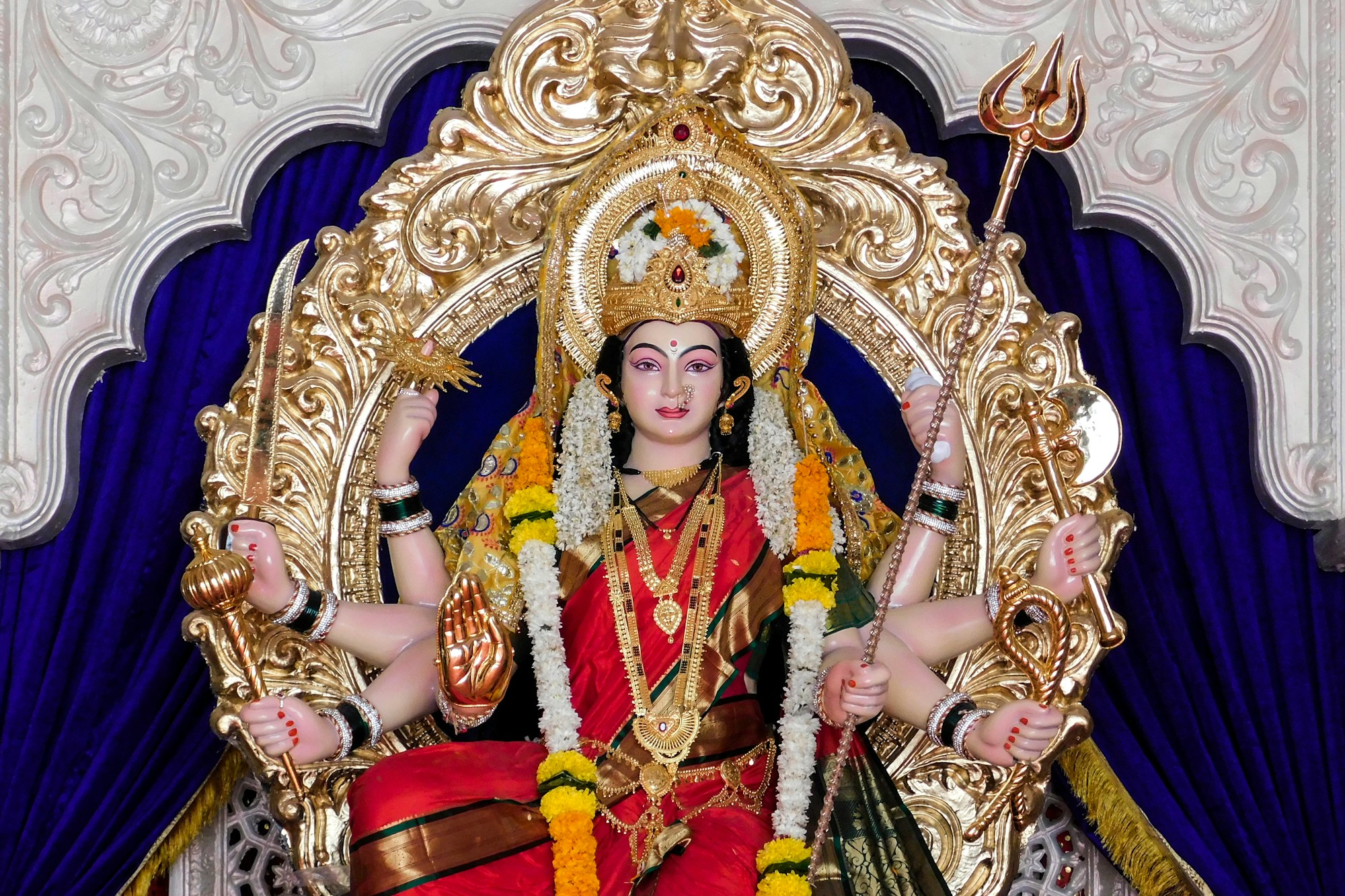Sukuh Temple: Local Culture and Traditions Travel Guide
Discover the rich local culture and traditions at Sukuh Temple with this insightful travel guide.

Sukuh Temple: Local Culture and Traditions Travel Guide
Sukuh Temple, located in Central Java, Indonesia, is a fascinating historical site that offers insight into the local culture and traditions of the region. This comprehensive travel guide will provide you with detailed information to enhance your visit to this unique destination.
Historical Background
Sukuh Temple, also known as Candi Sukuh, is a 15th-century Javanese-Hindu temple that is situated on the western slope of Mount Lawu. The temple is known for its distinctive architectural style, featuring intricate carvings and unique structures that set it apart from other temples in the region. It is believed to have been built during the Majapahit Empire.
Cultural Practices
Visitors to Sukuh Temple can observe various cultural practices that are still observed by the local community. These include traditional ceremonies, rituals, and performances that showcase the rich heritage of the Javanese people. Be sure to respect local customs and traditions during your visit.
Festivals
Throughout the year, Sukuh Temple hosts several festivals and events that celebrate Javanese culture and traditions. These festivals often feature music, dance, food, and religious ceremonies that provide a unique insight into the local way of life. Check the local calendar to see if your visit coincides with any of these vibrant events.
Local Anecdotes and Interesting Facts
Legend has it that Sukuh Temple was built as a place of mystical significance, with its carvings and structures reflecting ancient beliefs and practices. The temple's unconventional design has puzzled archaeologists and historians, adding to its mysterious allure. Don't forget to chat with the locals to uncover more intriguing anecdotes about the site.
